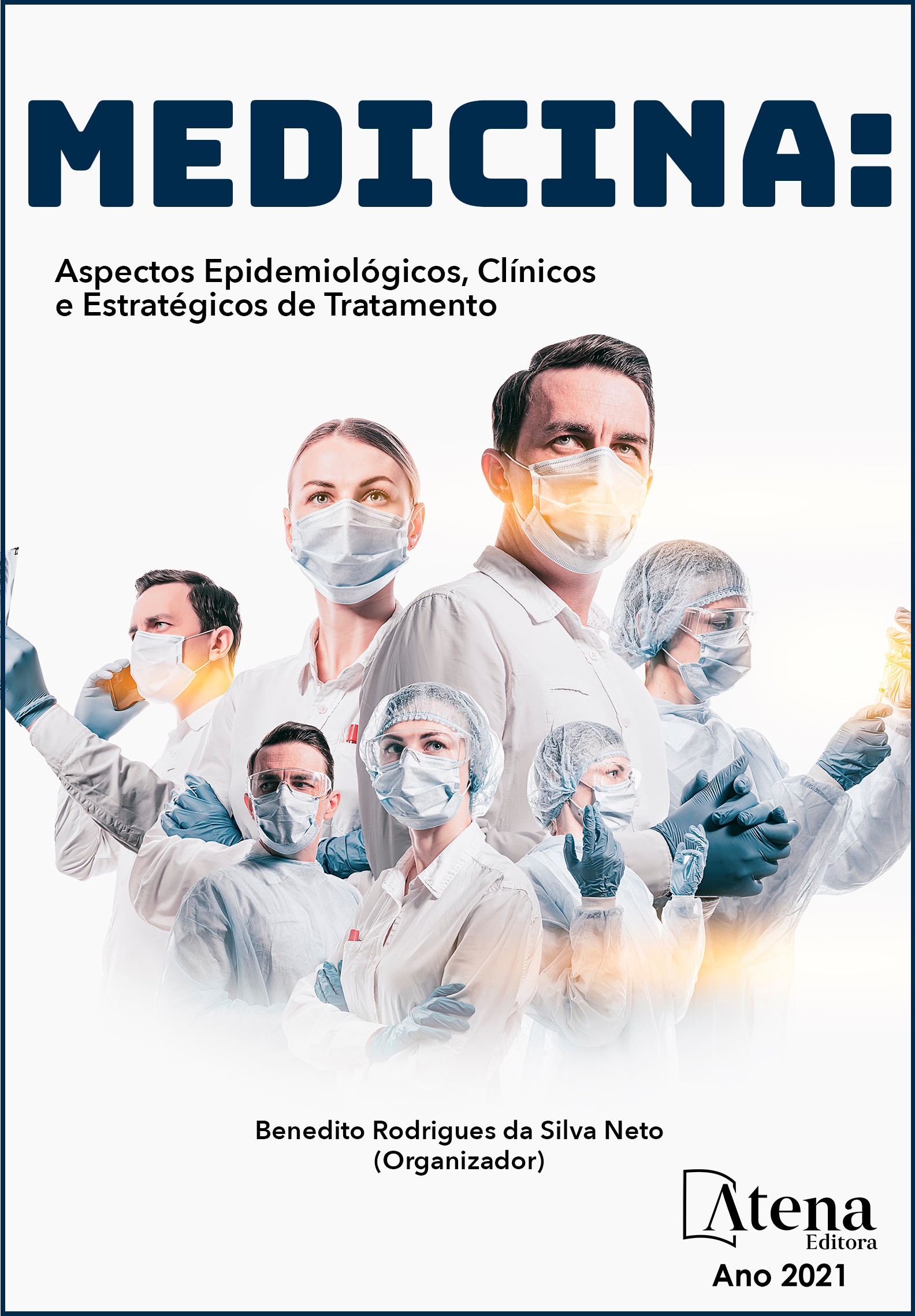
A URGÊNCIA OFTALMOLÓGICA: O QUE TODO MÉDICO GENERALISTA DEVERIA SABER
As consultas oftalmológicas emergenciais abrangem desde desconforto visual como: ardência, prurido, lacrimejamento e hiperemia ocular, até perda súbita da visão. Segundo a OMS, ocorrem, por ano, cerca de 55 milhões de traumas oculares que restringem as atividades por pelo menos um dia. Muitas vezes o primeiro atendimento é feito por médicos não-oftalmologistas, o que pode prejudicar o prognóstico ocular devido ao despreparo dos plantonistas. Assim, é de fundamental importância que o médico generalista saiba fazer o manejo inicial desses pacientes para minimizar a chance de complicações mais graves. Metodologia: trata-se de um estudo bibliográfico narrativo e exploratório, realizado através de pesquisas em bases de dados online, pela combinação dos descritores “doenças oculares”, “oftalmologia” e "urgências", também em seus respectivos termos em inglês, priorizando artigos originais dos últimos 10 anos. Resultados: Estudos transversais apontam que na grande maioria dos atendimentos iniciais as urgências oftalmológicas são realizadas por não-especialistas que muitas vezes desconhecem alguns diagnósticos e acabam tomando condutas inadequadas ou aguardando avaliação pelo especialista. Conclusão: por essa razão, torna-se indiscutível a necessidade de se estabelecer uma educação continuada nas escolas médicas sobre as noções básicas de oftalmologia.
A URGÊNCIA OFTALMOLÓGICA: O QUE TODO MÉDICO GENERALISTA DEVERIA SABER
-
DOI: 10.22533/at.ed.6192114052
-
Palavras-chave: Doenças oculares, Oftalmologia, Urgências
-
Keywords: Eye diseases, Ophthalmology, Urgencies
-
Abstract:
Emergency eye consultations range from visual discomfort such as: burning, itching, watery eyes and hyperemia, to sudden loss of vision. According to the WHO, about 55 million eye injuries occur every year that restrict activities for at least one day. Often the first appointment is made by non-ophthalmologists, which can damage the ocular prognosis due to the unpreparedness of the on-call staff. Thus, it is of fundamental importance that the general practitioner knows how to make the initial management of these patients to minimize the chance of more serious complications. Methodology: it is a narrative and exploratory bibliographic study, carried out through searches in online databases, by the combination of the descriptors “eye diseases”, “ophthalmology” and “urgencies”, also in their respective terms in English, prioritizing articles over the past 10 years. Results: cross-sectional studies indicate that in the vast majority of initial consultations, ophthalmologic emergencies are performed by non-specialists who are often unaware of some diagnoses and end up taking inappropriate conduct or awaiting evaluation by the specialist. Conclusion: for this reason, the need to establish continuing education in medical schools on the basic notions of ophthalmology becomes indisputable.
-
Número de páginas: 15
- YANN GONÇALVES FERNANDES DA COSTA
- VICTÓRIA EDUARDA CAVALCANTI DE MORAES
- SANTÍLIA TAVARES RIBEIRO DE CASTRO E SILVA
- ROSÂNGELA NATÁLIA G. Q. DE HOLANDA CAVALCANTE
- RENAN CARVALHO MENDES
- RANULFO PARANHOS DOS SANTOS NETO
- PALOMA DA SILVA DE SANTANA
- NAYANE MAYSE BARBOSA SILVA
- MARINA VIEGAS MOURA REZENDE RIBEIRO
- ISABELA ARAÚJO BARROS
- CARLOS HENRIQUE BEZERRA DE SIQUEIRA


